My 2023
What were the highlights of 2023 at work, and how will we remember the past year? We have asked a number of Health employees with very different functions.
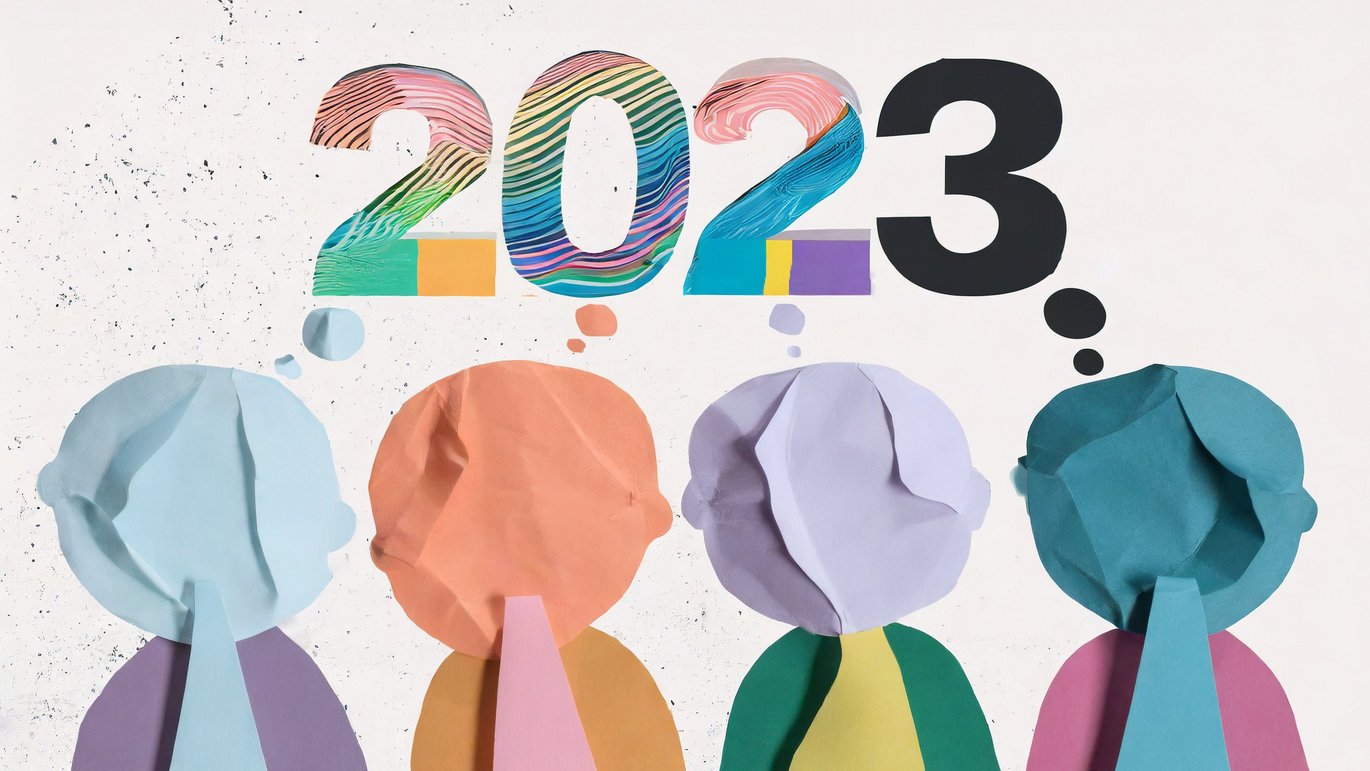
In this first article in the My 2023 series, Helle Hornhaver, Mette Terp Høybye, Martin Roelsgaard Jakobsen and Jeppe Stokholm talk about the highlights and challenges of the year.
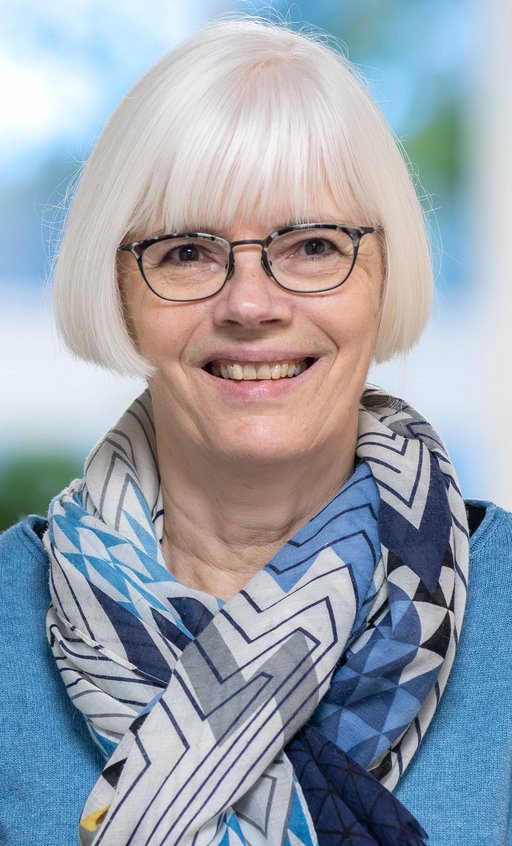
"It’s been a huge pleasure to welcome you to our new degree programme"
Helle Hornhaver launched an enormous project in 2023. She is a dentist and coordinator at the Department of Dentistry and Oral Health and she has been a driving force behind the new professional Bachelor programme in clinical dental engineering.
"To see all our thoughts and three years of planning realised in 2023 has been fantastic. We’ve gone from a two-year academy profession degree programme to a three-and-a-half-year professional Bachelor programme that has been developed in close collaboration with academia, industry and the other odontological programmes. We’re very proud of the result," says Helle Hornhaver.
The new degree programme was established with special focus on the Aarhus Model of Dental Education, which involves students collaborating with other odontological subject areas and students from other degree programmes. This makes the programme a better reflection of working life in the real world.
"This focus has required innovation and development across the entire department. Now we're taking the first steps to make the Aarhus model a reality," says Helle Hornhaver.
The new professional Bachelor programme was launched in August, with 25 study places awarded from among 188 applicants. Helle Hornhaver is pleased that the new forms of teaching and exams on the programme have been so well received.
"One of the new things about the programme is that we train students in giving and receiving feedback. After the first few months, it already seems to be paying off as a viable solution that provides learning and value for the students," says Helle Hornhaver.
Helle Hornhaver is looking forward to working more with the digital transformation process in 2024. She will also be taking an Erasmus+ stay in January at King's College in London to develop elective courses on sustainability for dental degree programmes.
On a personal level, she’s looking forward to having more time with her family now that her new degree programme is up and running.
"It's not a New Year's resolution as such, but more of a process in which I want to find a good balance between exciting professional development at the department and time for travel, my husband and grandchildren. These are some of the changes I look forward to in 2024," says Helle Hornhaver.
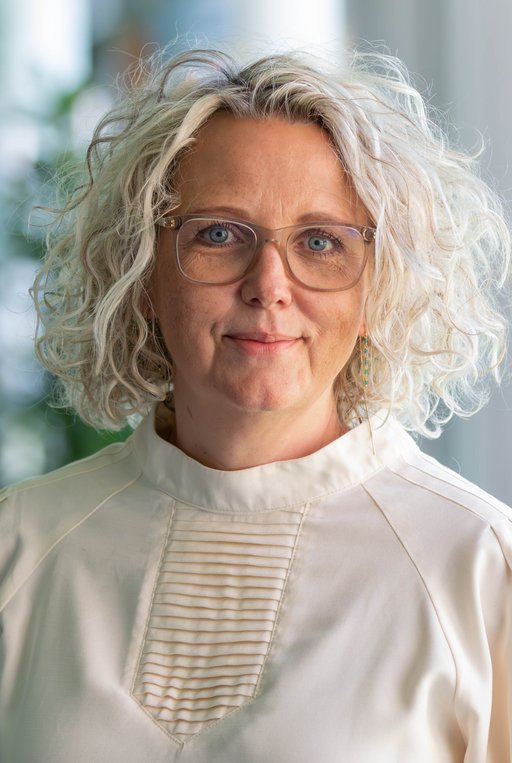
"The biggest thing for me was the start-up of our new university clinic"
Mette Terp Høybye is a professor at the Department of Clinical Medicine. She was very busy in 2023 because, as a newly appointed professor in an interdisciplinary field, she worked hard on her inaugural lecture in August, and she contributed to the start-up of a new university clinic at Silkeborg Regional Hospital.
"Holding my inaugural lecture as a professor was an incredible experience. It was a very special event and a very special day. It was fantastic to experience the enormous support from my colleagues and managers," says Mette Terp Høybye.
Mette Terp Høybye has experienced more involvement in the strategic tasks at the faculty during 2023, and she had an opportunity to present her research at the Annual Research Meeting in October. But most exciting was when, together with a group of colleagues, she obtained approval for a new university clinic at the Centre for Planned Surgery in Silkeborg.
"Setting up the clinic has been an interesting and lengthy process. I’ve had the pleasure of being part of a small, close team with Professor David Høyrup Christiansen and the head of the Research Unit at the Centre for Planned Surgery, Line Borreskov Dahl. We all come from very different academic backgrounds, so how can we establish a coherent, common research ambition? The answer was a clinic with focus on planned patient pathways," says Mette Terp Høybye.
One of the special things about the clinic's work and Mette Terp Høybye's research is that they are both in an interdisciplinary interface between a social sciences and clinical approach. The research clinic has already identified projects that fit with the profile, and the goal for 2024 is to get the clinic fully up and running.
Ambitions are high for next year. Among other things, the professor wants to help plan and hold a master class for postdocs and PhD students, and a conference centred on interdisciplinary healthcare.
"I've never been very good at New Year's resolutions. Actually I’m more in favour of just doing things if you think they’re important. But I have some exciting funding applications on the boil, and if they go through, I'll be able to start some really exciting projects next year. It’ll entail completely new challenges for how I manage my time, so a small New Year's resolution may be to make priorities," she says.
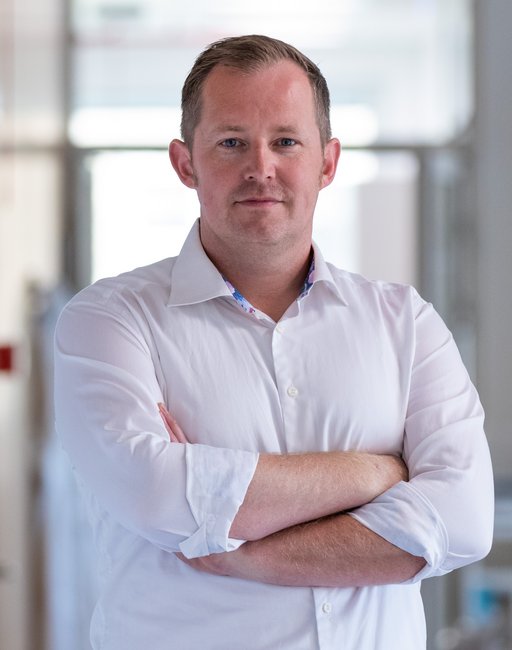
"It was a year of change in every way"
For Professor Martin Roelsgaard Jakobsen from the Department of Biomedicine, 2023 can be summed up in a single word – change. Among other things, his laboratory experienced many staff replacements and the start of several new projects.
"One of my talented assistant professors is starting his own research group at the University of Southern Denmark in the new year. Of course, it's not to my credit, but nevertheless, as a mentor, I can't help being a little proud. The beginning of 2024 will see a number of replacements in my laboratory, and I spent much of 2023 getting ready for them. 2023 was also very much about establishing the Translational Cancer Network and planning our first annual meeting in September, which was a huge success," he says.
Martin Roelsgaard Jakobsen and Clinical Professor Signe Borgquist are chairpersons of the cancer network, which has been under development since 2018.
"We've been fighting for the network for a number of years. It was difficult to know whether our colleagues could also see the need. This year, the relevance of the network was confirmed with impressive registration for our first annual meeting. We really feel that we’ve filled a void at AU. It's great to see that the people around us also think the project is relevant and important," says Martin Roelsgaard Jakobsen.
There are already great plans for the Translational Cancer Network in 2024. Among other things, the network will invite everyone to a cancer research evening in the spring.
"When Signe and I started the network, we talked a lot about how we can make the public aware our work at Aarhus University and Aarhus University Hospital. What goes on in all the small laboratories that the average citizen, cancer patient or relative doesn’t have access to? And what lies ahead in the future? That's something we really want to talk about," says Martin Roelsgaard Jakobsen.
The meeting will take participants deep into the machinery, where they can meet the people on the front line in the fight against cancer.
"I hope that, more than in 2023, in 2024 I’ll be finishing projects rather than initiating them. And I'm looking forward to integrating a lot of new people into my research group. It's a bit scary to start over like this, but also enormously exciting, and I hope it’ll give a lot of positive energy and good new colleagues and contacts," says Martin Roelsgaard Jakobsen.
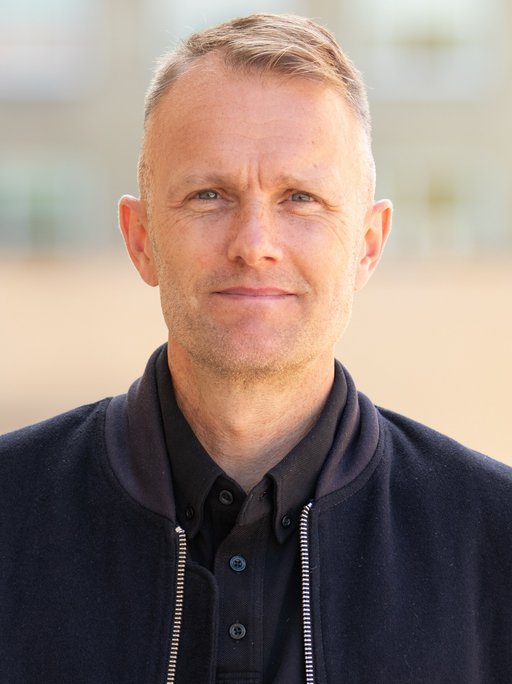
"The job change from Arts to Health has definitely taken up most of my time in 2023"
For Jeppe Stokholm, who in 2023 moved from Arts to become head of Studies Administration at Health, the year has definitely been impacted by the job change and his new role.
"It’s been a really good change in every way, with exciting new tasks and a fantastic reception. I’ve been very warmly welcomed by my 35 talented colleagues at Health Studies Administration, and by the academic environments and employees at the faculty," says Jeppe Stokholm.
The new head of Studies Administration took up his new position in September, and since then he has spent much of his time getting to know all his new colleagues and the new disciplines.
"I used to work at Arts, which is also my field of expertise, so working with health science degree programmes is a pretty steep learning curve here at the start. I approach the expertise I meet at Health with humility and interest. That, I think, is the way to succeed in this job," he says.
And there’s plenty to look forward to as a new head of Studies Administration, with both institutional accreditation and the upcoming Master’s reform.
"We’ll know more about the Master’s reform in the autumn, when the committee makes its recommendations. There’s no doubt that the reform will be a major change in the way we run degree programmes, and it will affect both AU and our colleagues at the other universities for many years to come. That's why I'm awaiting the recommendations from the committee with baited breath," he says.
Jeppe Stokholm is not exactly the type for New Year's resolutions, but he does have a clear goal with regard to one of the major changes rising on the horizon that will affect virtually everyone in the labour market: artificial intelligence.
The new tools for text editing, image generation and much more have been on everyone's lips in 2023, and the popular ChatGPT service was also recently named word of the year by the Danish Language Council and the Danish Broadcasting Corporation.
"Artificial intelligence is already here, and it's going to become increasingly prevalent. I think it's important that we agree not to get carried away by enthusiasm for the technology, and we mustn’t forget the importance of well-being and teamwork. We must take the issue of well-being very seriously when implementing artificial intelligence in work processes. There’s a risk that we will sacrifice the entire relational space in the name of efficiency when AI moves into offices," he says and continues:
"We have to remember to keep hold of what makes work meaningful for the individual employee. Failure to do so risks damaging commitment and well-being. I think most of us work at AU because we see a purpose in what we do. So my modest New Year's resolution is that we should think carefully and remember that the more technology we introduce, the more we also need to think about where we are as employees and colleagues," says Jeppe Stokholm.
